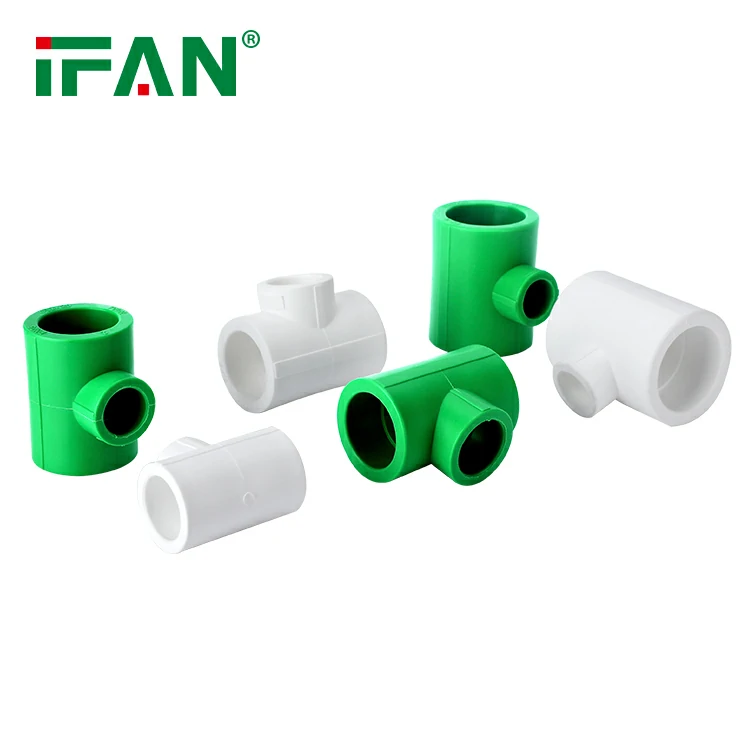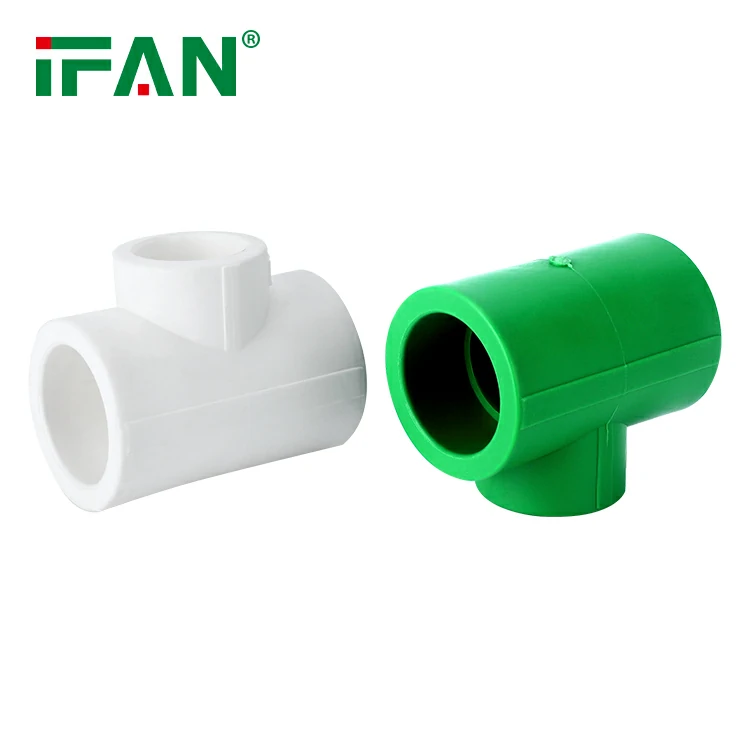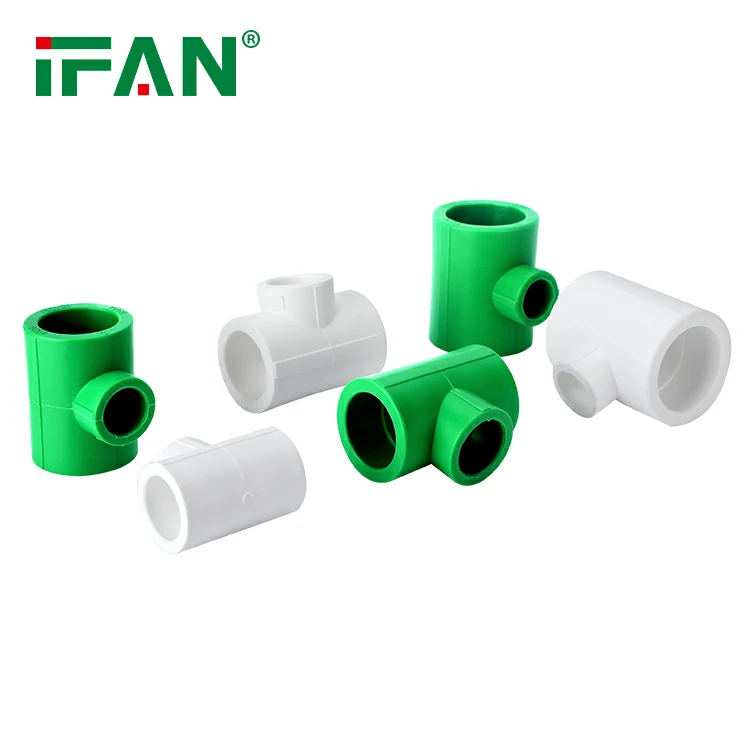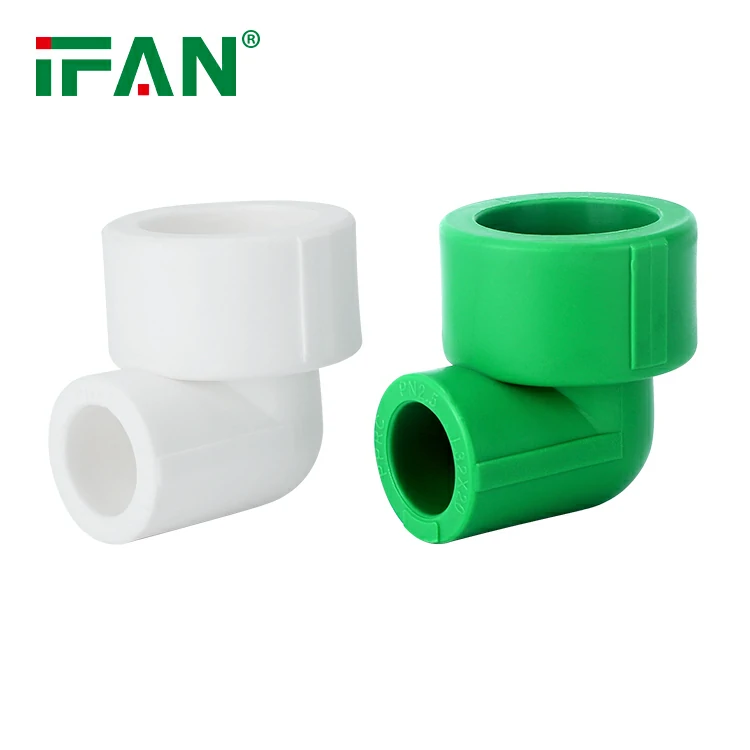What is the PPR Pipe?
PPR (Polypropylene Random) pipe is a type of plastic piping system made from polypropylene random copolymer. It is a versatile and durable pipe that offers numerous advantages over traditional piping materials. The manufacturing process involves extruding melted polypropylene resin through a die, resulting in the formation of PPR pipes. PPR pipes are known for their corrosion resistance, high-temperature resistance, low thermal conductivity, smooth inner surface, and long service life.
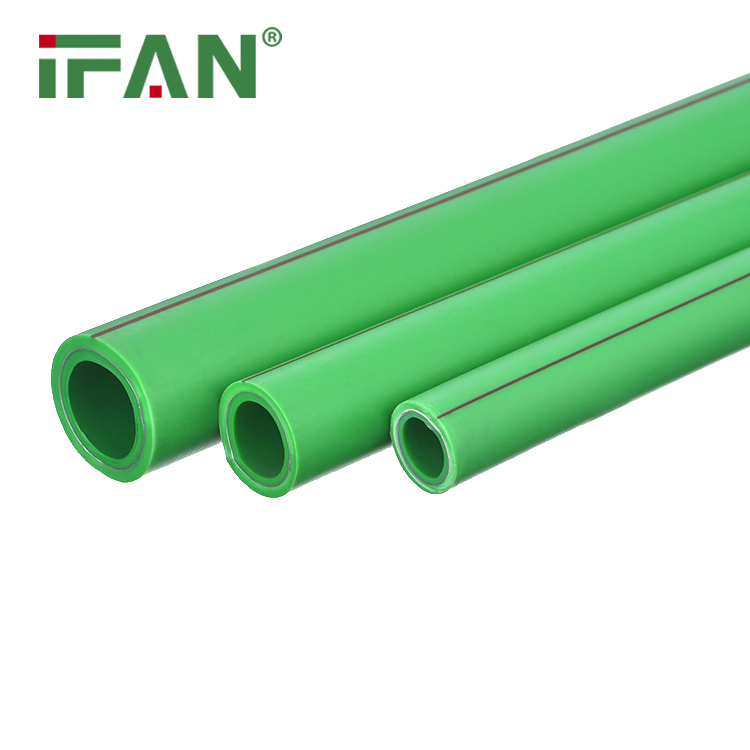
Where are PPR Pipes Used?
PPR pipes find applications in various industries and settings due to their exceptional properties. Some of the common areas where PPR pipes are used include:
1. Residential Plumbing: PPR pipes are extensively used in residential plumbing systems. They provide a reliable and leak-free water supply to kitchens, bathrooms, and other fixtures. The smooth inner surface of PPR pipes minimizes friction loss and ensures efficient water flow. Additionally, their corrosion resistance makes them suitable for delivering both cold and hot water.
2. Commercial and Industrial Plumbing: PPR pipes are widely used in commercial and industrial plumbing applications. Their durability and resistance to chemicals make them an ideal choice for hotels, hospitals, offices, factories, and other establishments. PPR pipes ensure reliable water distribution and maintain the integrity of plumbing infrastructure in these settings.
3. Heating and Cooling Systems: PPR pipes are commonly employed in heating and cooling systems. Whether it is underfloor heating, radiator networks, or air conditioning installations, PPR pipes deliver efficient heat distribution and cooling. Their low thermal conductivity helps in minimizing heat loss, resulting in energy-efficient systems.
4. Agricultural Irrigation: PPR pipes are utilized in agricultural irrigation systems. They ensure efficient water distribution to farms and fields, facilitating proper crop hydration. PPR pipes’ UV resistance and durability make them suitable for outdoor installations, withstanding harsh weather conditions.
5. Rainwater Harvesting Systems: PPR pipes are used in rainwater harvesting systems, collecting and distributing rainwater for various purposes. Their corrosion resistance and longevity make them suitable for long-term use in such systems.
6. Other Applications: PPR pipes also find applications in compressed air networks, chemical transportation systems, wastewater treatment plants, and swimming pool installations.
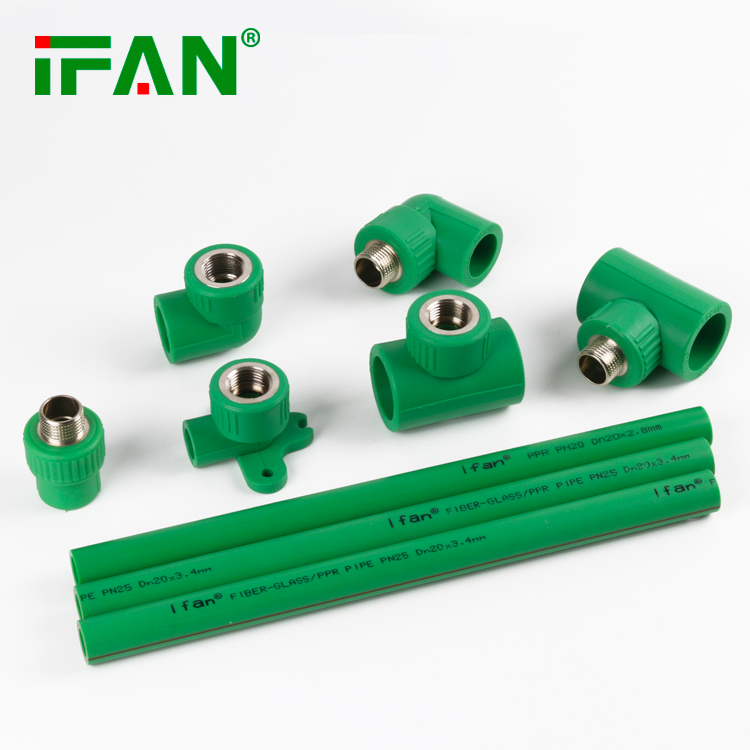
Conclusion
PPR pipes are versatile and reliable plastic piping systems with a wide range of applications. Their corrosion resistance, high-temperature resistance, low thermal conductivity, smooth inner surface, and durability make them suitable for various industries and settings. Whether it is residential plumbing, commercial and industrial plumbing, heating and cooling systems, or agricultural irrigation, PPR pipes continue to demonstrate their effectiveness and efficiency. By understanding the properties and applications of PPR pipes, professionals can make informed decisions when selecting piping materials for their specific needs.

